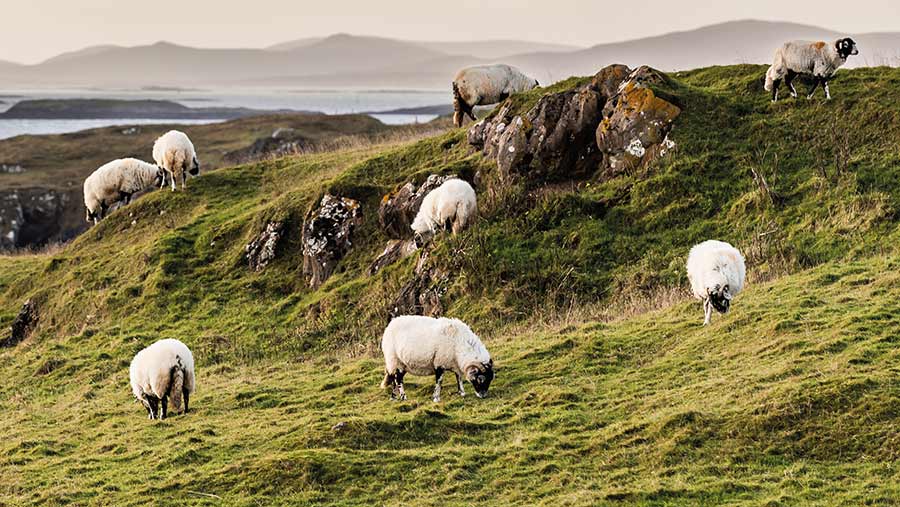Opinion: Policy change in Scotland may diminish the farming way of life
 © Adobe Stock
© Adobe Stock Our commitment to the land and sustaining our way of life is why agricultural support has been so successful.
The land is key, often toiled over by generations before us: ditches carved, water drained, boundary dykes built, telling the tales of the stones cleared from the fields.
Wigtownshire is a tough place to scratch a living off the land, but our mild, wet climate coupled with generations of farming knowledge and people, make it hugely rewarding.
See also: Scottish government reaffirms backing for direct payments
Post-war, producing food was highly encouraged and support payments helped to drive investment in the land and technological advances.
Scottish farms have consequently become modern, efficient and world leading at producing food.
Much of the investment latterly through the Common Agricultural Policy has been used to bolster and encourage farmers to do what is already ingrained in them – be better, waste less, and leave the land better than how they found it.
It is often said that a farm or land isn’t inherited from our elders, but is borrowed from our children.
So, as governments continue to draw up new agricultural policy, where the drive to feed a growing population is replaced by the need to increase nature or “offset” the sins of others through carbon capture, how will history look at us, today’s custodians, for reversing the efforts of our ancestors by rewilding our paddocks and reflooding the meadows?
The value of nature should not be understated and there is, of course, room for it to thrive alongside food production.
Arguably, Scotland has mastered this, avoiding the vast barren monocultured cropping of the Americas or the corralled feedlots of Brazil, opting for a mixed approach – now egotistically reinvented and named “regenerative” farming, but to our grandparents probably just “farming”.
Future policy, while differing across the devolved nations, all follows a similar trend.
Public money used to promote environmental benefits and leaving the core farming task of food production to be steered predominantly through market forces.
This may set many to fear whether they have a future producing food. The reliance on public money to ensure “profitable” farm businesses is well documented.
Change will be difficult and will not favour everyone, but those who can thrive in a new field will be able to reap rewards and grow their businesses.
While we cannot be sentimental or be held back by supporting those who don’t wish to innovate, we must ensure reputation to our customers is not diminished in what could be a full thronged drive for efficiency and profits at the cost of our values.
Government policy will therefore have a place, and all we can hope for is that they are looking at the bigger picture.
Our land is finite and, while some land-use change is inevitable, I don’t think the real impact of competing targets has been assessed, nor indeed the effect it is having right now on Scotland’s rural economy.
Farming support, which for many generations has incentivised individuals to improve the land for farming, may now lead to land abandonment, blanket forestry or monocultured deserts – erasing the work of the people before us.
Removing the income of the rural communities it supports and, more importantly, clearing the way of life for our children who follow us are real possibilities.
Will they thank us for the changes, or will we be stealing their future?

